U.S. President Donald Trump declared the opioid crisis a public health emergency on Thursday, stopping short of a national emergency declaration he promised months ago that would have freed up more federal money.
U.S. President Donald Trump declared the opioid crisis a public health emergency on Thursday, stopping short of a national emergency declaration he promised months ago that would have freed up more federal money.
Responding to a growing problem, particularly in rural areas, Trump's declaration will redirect federal resources and loosen regulations to combat opioid abuse, senior administration officials said.
But it does not result in more money to combat the crisis. Some critics, including Democratic lawmakers, said the declaration was meaningless without additional funding.
Republican lawmakers called the president's declaration an important step in combating the crisis.
"This epidemic is a national health emergency," Trump, a Republican, said at the White House. "As Americans, we cannot allow this to continue."
Trump, who also called the epidemic a "national shame" and "human tragedy," was introduced by his wife, Melania, who said she had made fighting the epidemic one of her top priorities as first lady. "This can happen to any of us," she said.
The president also made a personal reference to addiction in his family by citing his deceased brother Fred, an alcoholic whose advice not to imbibe made an impression on Trump, who does not drink alcohol.
The announcement disappointed some advocates and experts in the addiction fight, who said it was inadequate to fight a scourge that played a role in more than 33,000 deaths in 2015, according to the U.S. Centers for Disease Control and Prevention. The death rate has kept rising, estimates show.
Opioids, primarily prescription painkillers, heroin and fentanyl, are fueling the drug overdoses. More than 100 Americans die daily from related overdoses, according to the CDC.
A White House commission on the drug crisis had urged Trump to declare a national emergency. On Wednesday, the president told Fox Business Network he would do so.
Officials told reporters on the conference call that Federal Emergency Management Agency funds that would have been released under a national emergency are already exhausted from recent storms that struck Puerto Rico, Texas and Florida.
The administration would have to work with Congress to help provide additional funding to address drug abuse, they added. They said they determined that a public health emergency declaration was most appropriate after an expansive review.
Under Thursday's declaration, treatment would be made more accessible for abusers of prescription painkillers, heroin and fentanyl, while ensuring fewer delays in staffing the Department of Health and Human Services to help states grapple with the crisis.
'BAD ACTORS'
Trump said he would discuss stopping the flow of fentanyl, a drug 50 to 100 times more powerful than morphine, with Chinese President Xi Jinping during his visit to Asia next month.
In his remarks, Trump said the U.S. Postal Service and Department of Homeland Security were "strengthening the inspection of packages coming into our country to hold back the flood of cheap and deadly fentanyl, a synthetic opioid manufactured in China."
In Beijing, Foreign Ministry spokesman Geng Shuang said China had always paid a great deal of attention to international cooperation against narcotics and had listed 23 components of fentanyl as controlled substances, despite not having a fentanyl abuse problem.
Trump added he would consider bringing lawsuits against "bad actors" in the epidemic. Several states have sued opioid manufacturers for deceptive marketing. Congress is investigating the business practices of manufacturers.
The president also said the government should focus on teaching young people not to take drugs. "There is nothing desirable about drugs. They're bad," he said.
Thursday's declaration allows the Department of Labor to issue grants to help dislocated workers affected by the crisis. HIV/AIDS health funding would also be prioritized for those who need substance abuse treatment, officials said.
As a candidate, Trump promised to address the crisis, including by building a wall on the U.S.-Mexico border to stop the flow of illicit drugs, which he touched on in his speech.
Additional actions under the move would be announced in coming weeks by various agencies, officials said.
Meanwhile, a 74-year-old Indian-American pharmaceutical billionaire was today charged with leading a nationwide conspiracy in the US by bribing doctors to over- prescribe a powerful opioid to patients and committing fraud on insurance firms for profit.
John Nath Kapoor was arrested by the FBI from his home in Arizona yesterday on charges including racketeering, conspiracy and fraud.
The Amritsar-born entrepreneur and well-known philanthropist, who migrated to the US from India in 1960s, is a current member of the board of directors of the pharmaceutical company Insys Therapeutics.
A superseding indictment, unsealed in Boston, also includes additional allegations against several former company executives and managers who were initially indicted in December 2016.
"More than 20,000 Americans died of synthetic opioid overdoses last year, and millions are addicted to opioids. And yet some medical professionals would rather take advantage of the addicts than try to help them," said Attorney General Jeff Sessions.
"This Justice Department will not tolerate this. We will hold accountable anyone from street dealers to corporate executives - who illegally contributes to this nationwide epidemic," Sessions said.
The indictment also alleges that Kapoor and six former executives conspired to mislead and defraud health insurance providers who were reluctant to approve payment for the drug when it was prescribed for non-cancer patients.
They achieved this goal by setting up the "reimbursement unit", which was dedicated to obtaining prior authorisation directly from insurers and pharmacy benefit managers, it said.
"In the midst of a nationwide opioid epidemic that has reached crisis proportions, Mr Kapoor and his company stand accused of bribing doctors to over-prescribe a potent opioid and committing fraud on insurance companies solely for profit," said Acting US Attorney William D Weinreb.
"Today's arrest and charges reflect our ongoing efforts to attack the opioid crisis from all angles. We must hold the industry and its leadership accountable - just as we would the cartels or a street-level drug dealer," he said.
Following the arrest, the company shares fell 23% to USD 5.74, a three-year inter day low.
According to Insys website, Kapoor received his PhD in Medicinal Chemistry from the State University of New York at Buffalo and a BS in Pharmacy from Bombay University in India.
The building that is home to University of Buffallo's School of Pharmacy and Pharmaceutical Sciences bears the name of Kapoor and his wife in recognition of their long-time philanthropic support for the school and the university.
"The university is aware of Dr Kapoor's arrest. We became aware of the charges through today's media reports and therefore it would be premature to comment further or take any action until the university has more information," the university said in a statement.
Kapoor has served on Insys board of directors since its formation in 1990 and has served as Chairman from 1990 to 2004 and Executive Chairman from June 2006 to January 2017.
He also owns a large stake in generic drug maker Akron.
According to Forbes, his net worth is estimated to be USD 1.75 billion.
He had stepped down as CEO and chairman of the company in January 2017, a month after six of its former executives including Kapoor's predecessor as CEO Michael Babich were arrested and charged with conspiracies to bribe doctors to needlessly subscribe Subsys, which is a Fentanyl spray to treat patients with severe cancer pain, Forbes said.
![submenu-img]() Ganesh Chaturthi 2024 shubh muhurat: Check city wise puja timings, visarjan date, and bhog for Ganpati Bappa
Ganesh Chaturthi 2024 shubh muhurat: Check city wise puja timings, visarjan date, and bhog for Ganpati Bappa![submenu-img]() 'Leaders in Delhi never liked me…’ Omar Abdullah alleges poll 'conspiracy'
'Leaders in Delhi never liked me…’ Omar Abdullah alleges poll 'conspiracy'![submenu-img]() Boney Kapoor announces new film, its title has a Mr India connect: 'Probably by December we...'
Boney Kapoor announces new film, its title has a Mr India connect: 'Probably by December we...'![submenu-img]() Meet actress, who worked for 17 hours straight on toxic sets, her mental health was affected, left industry, is now...
Meet actress, who worked for 17 hours straight on toxic sets, her mental health was affected, left industry, is now...![submenu-img]() Over 200 Patients celebrate freedom from diabetes in Madhavbaug's nationwide campaign 'Azadi Diabetes Se'
Over 200 Patients celebrate freedom from diabetes in Madhavbaug's nationwide campaign 'Azadi Diabetes Se'![submenu-img]() Aparajita Bill पर ममता बनर्जी को झटका, राज्यपाल ने कमियां गिना राष्ट्रपति के पास भेजा
Aparajita Bill पर ममता बनर्जी को झटका, राज्यपाल ने कमियां गिना राष्ट्रपति के पास भेजा![submenu-img]() Haryana Assembly Election 2024: हरियाणा में कांग्रेस प्रत्याशियों की पहली लिस्ट जारी, इस सीट से चुनावी मैदान में उतरी विनेश फोगाट
Haryana Assembly Election 2024: हरियाणा में कांग्रेस प्रत्याशियों की पहली लिस्ट जारी, इस सीट से चुनावी मैदान में उतरी विनेश फोगाट![submenu-img]() Hathras Accident: यूपी के हाथरस में बड़ा सड़क हादसा, 15 लोगों की मौत, कई घायल
Hathras Accident: यूपी के हाथरस में बड़ा सड़क हादसा, 15 लोगों की मौत, कई घायल![submenu-img]() Viral Video: Indigo की फ्लाइट में बंद हो गया एसी, गर्मी से परेशान यात्री हो गए बेहोश
Viral Video: Indigo की फ्लाइट में बंद हो गया एसी, गर्मी से परेशान यात्री हो गए बेहोश ![submenu-img]() Weather Alert: महाराष्ट्र-गुजरात में जोरदार बारिश, आंध्र-तेलंगाना में बाढ़, जानें दिल्ली-एनसीआर के लिए क्या है अलर्ट
Weather Alert: महाराष्ट्र-गुजरात में जोरदार बारिश, आंध्र-तेलंगाना में बाढ़, जानें दिल्ली-एनसीआर के लिए क्या है अलर्ट![submenu-img]() DNA Auto Awards 2024: Maruti Suzuki Swift nominated for ‘CAR OF THE YEAR’; check price, features
DNA Auto Awards 2024: Maruti Suzuki Swift nominated for ‘CAR OF THE YEAR’; check price, features![submenu-img]() DNA Auto Awards 2024: Hyundai Alcazar Facelift nominated for ‘CAR OF THE YEAR’; check details
DNA Auto Awards 2024: Hyundai Alcazar Facelift nominated for ‘CAR OF THE YEAR’; check details![submenu-img]() Hyundai Creta Knight Edition launched in India: Check price, features, design
Hyundai Creta Knight Edition launched in India: Check price, features, design![submenu-img]() DNA Auto Awards 2024: Citroen Basalt nominated for ‘CAR OF THE YEAR’; check price, features
DNA Auto Awards 2024: Citroen Basalt nominated for ‘CAR OF THE YEAR’; check price, features![submenu-img]() DNA Auto Awards 2024: Tata Curvv nominated for ‘CAR OF THE YEAR’; check price, features
DNA Auto Awards 2024: Tata Curvv nominated for ‘CAR OF THE YEAR’; check price, features![submenu-img]() UPSC topper IAS Shruti Sharma's marksheet goes viral on social media, check her scores in different subjects
UPSC topper IAS Shruti Sharma's marksheet goes viral on social media, check her scores in different subjects![submenu-img]() Meet man, who lost his mother in childhood, worked as milk seller, cracked NEET exam with AIR...
Meet man, who lost his mother in childhood, worked as milk seller, cracked NEET exam with AIR...![submenu-img]() Meet man who failed 35 exams, cracked UPSC exam twice, first became IPS then quit due to...
Meet man who failed 35 exams, cracked UPSC exam twice, first became IPS then quit due to...![submenu-img]() Meet man, who was forced into child marriage at 11, cracked NEET exam with AIR...
Meet man, who was forced into child marriage at 11, cracked NEET exam with AIR...![submenu-img]() Meet woman who cracked UPSC exam in first attempt without coaching at 22, got AIR 31, she is now posted as…
Meet woman who cracked UPSC exam in first attempt without coaching at 22, got AIR 31, she is now posted as…![submenu-img]() Mumbai: Fire Breaks Out At Times Tower In Mumbai, 9 Fire Units Deployed
Mumbai: Fire Breaks Out At Times Tower In Mumbai, 9 Fire Units Deployed![submenu-img]() 'Dharavi Project Is About Restoring Dignity...', Says Gautam Adani | Dharavi Redevelopment Project
'Dharavi Project Is About Restoring Dignity...', Says Gautam Adani | Dharavi Redevelopment Project![submenu-img]() Kolkata Doctor Case: CBI Visits RG Kar, Seizes Documents On Funds Used During Sandip Ghosh’s Tenure
Kolkata Doctor Case: CBI Visits RG Kar, Seizes Documents On Funds Used During Sandip Ghosh’s Tenure![submenu-img]() Giriraj Singh Attacked: Union Minister Giriraj Singh Assaulted In Begusarai, Bihar; Accused Arrested
Giriraj Singh Attacked: Union Minister Giriraj Singh Assaulted In Begusarai, Bihar; Accused Arrested![submenu-img]() Haryana Assembly Election 2024: Haryana Assembly Election Date Changed, Check Details Here
Haryana Assembly Election 2024: Haryana Assembly Election Date Changed, Check Details Here![submenu-img]() Mukesh Ambani set to challenge Adani, ITC with his Rs 3900 crore plan for...
Mukesh Ambani set to challenge Adani, ITC with his Rs 3900 crore plan for...![submenu-img]() NPCI launches 'UPI circle', check what it is and how it works
NPCI launches 'UPI circle', check what it is and how it works![submenu-img]() Mukesh Ambani's Reliance Jio to give tough competition to BSNL with this plan, it offers 5G data at just Rs...
Mukesh Ambani's Reliance Jio to give tough competition to BSNL with this plan, it offers 5G data at just Rs...![submenu-img]() This company repays Rs 20000 crore debt for... and it has a Ratan Tata connection
This company repays Rs 20000 crore debt for... and it has a Ratan Tata connection![submenu-img]() Meet woman, billionaire's daughter, who studied in London, now leads Rs 1124 crore company as...
Meet woman, billionaire's daughter, who studied in London, now leads Rs 1124 crore company as...![submenu-img]() From Cristiano Ronaldo to Virat Kohli: List of highest-paid athletes in last 12 months
From Cristiano Ronaldo to Virat Kohli: List of highest-paid athletes in last 12 months![submenu-img]() Meet actor who worked as waiter, sold tea, namkeen for 14 years, debuted in Bollywood at 42; now his net worth is...
Meet actor who worked as waiter, sold tea, namkeen for 14 years, debuted in Bollywood at 42; now his net worth is...![submenu-img]() Parents-to-be Deepika Padukone, Ranveer Singh seek blessings at Siddhivinayak with families days before baby's arrival
Parents-to-be Deepika Padukone, Ranveer Singh seek blessings at Siddhivinayak with families days before baby's arrival![submenu-img]() Gout remedies: 7 natural ways to lower uric acid levels in the body
Gout remedies: 7 natural ways to lower uric acid levels in the body ![submenu-img]() Active players with most centuries in international cricket
Active players with most centuries in international cricket ![submenu-img]() 'Leaders in Delhi never liked me…’ Omar Abdullah alleges poll 'conspiracy'
'Leaders in Delhi never liked me…’ Omar Abdullah alleges poll 'conspiracy'![submenu-img]() Over 200 Patients celebrate freedom from diabetes in Madhavbaug's nationwide campaign 'Azadi Diabetes Se'
Over 200 Patients celebrate freedom from diabetes in Madhavbaug's nationwide campaign 'Azadi Diabetes Se'![submenu-img]() 'When we were dragged on roads...': Wrestler Vinesh Phogat slams BJP
'When we were dragged on roads...': Wrestler Vinesh Phogat slams BJP![submenu-img]() India emerges as second-largest global 5G smartphone market, overtakes...
India emerges as second-largest global 5G smartphone market, overtakes...![submenu-img]() Union Home Minister Amit Shah releases BJP manifesto for J&K assembly elections
Union Home Minister Amit Shah releases BJP manifesto for J&K assembly elections
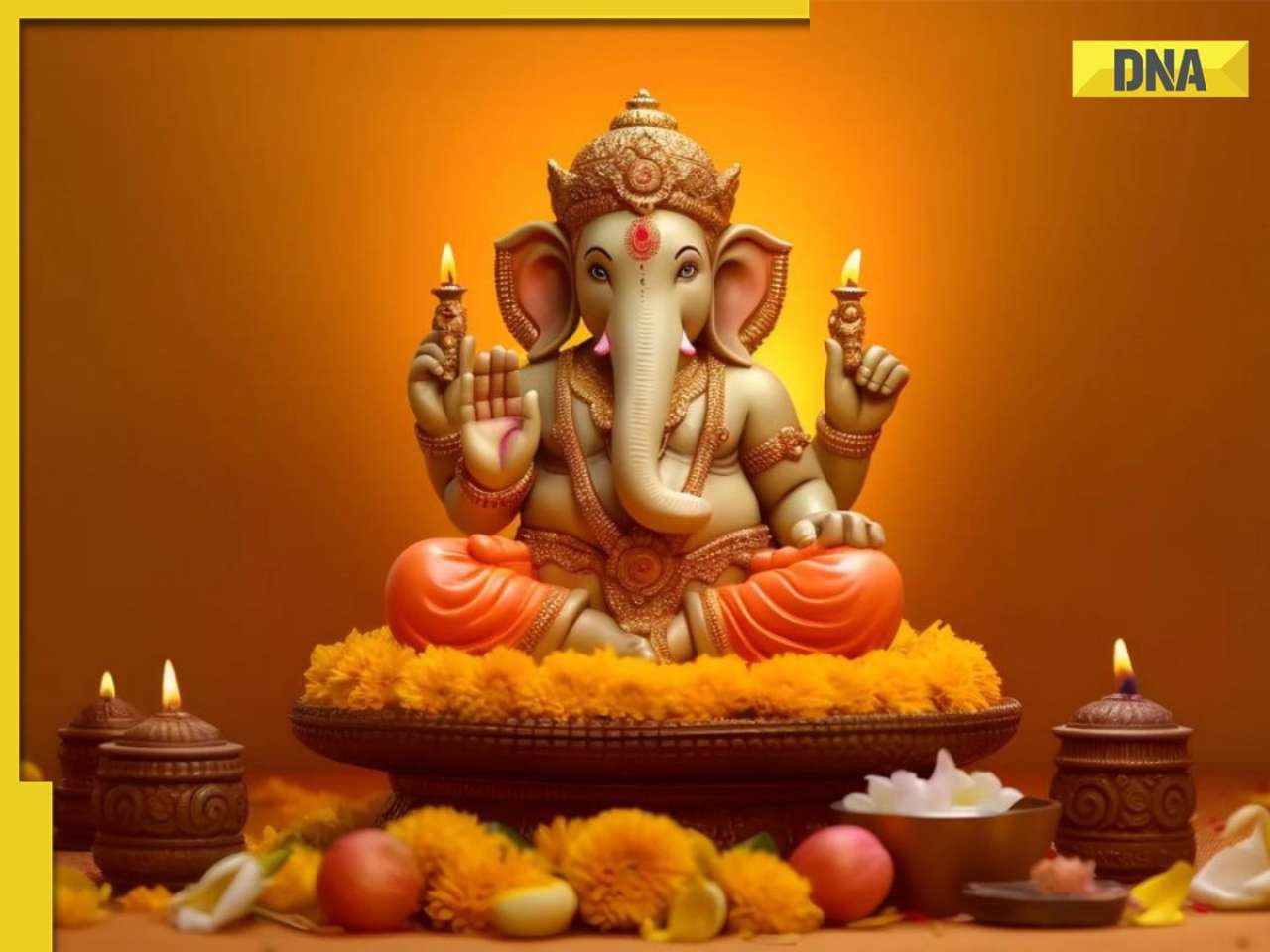
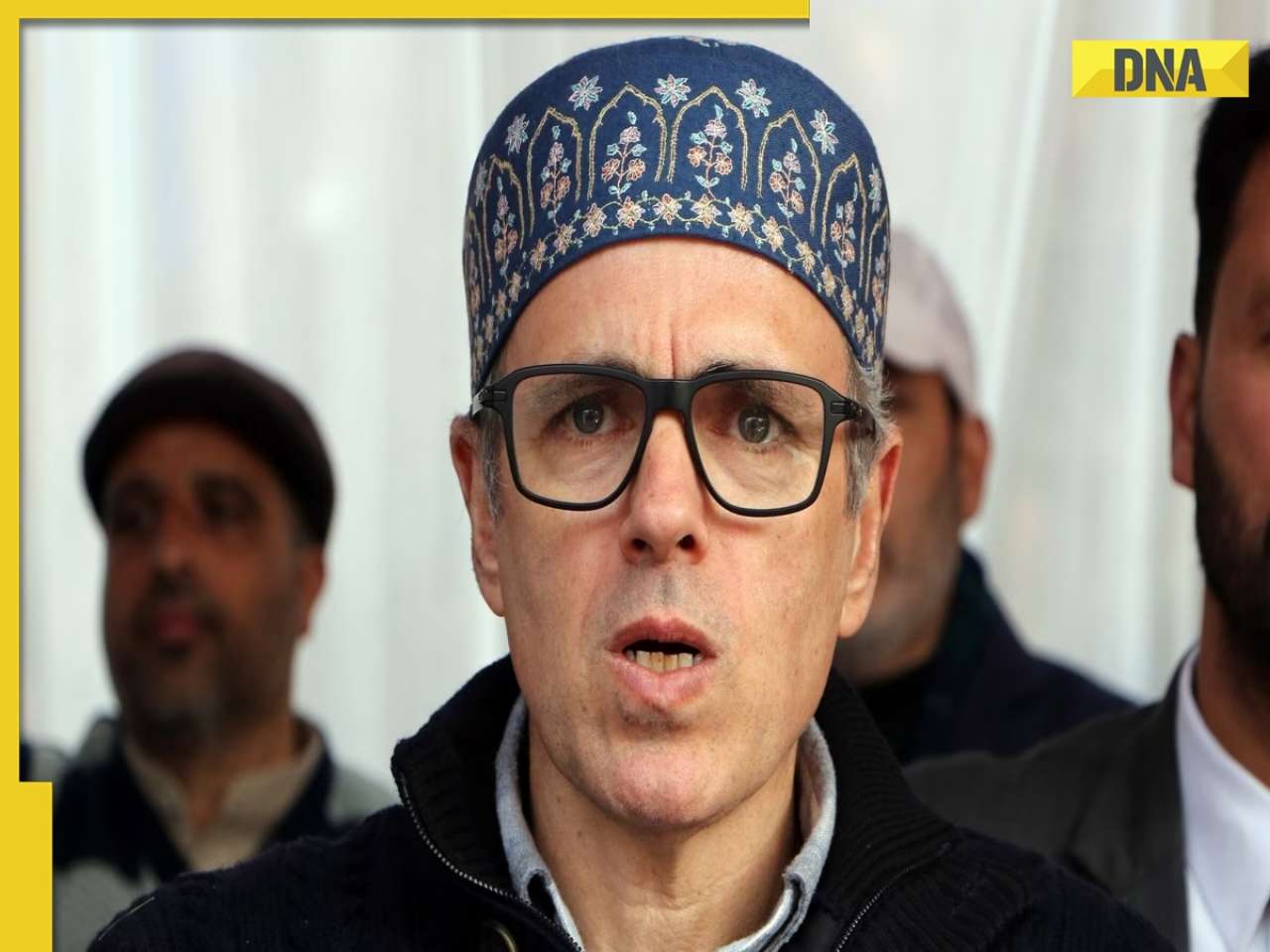
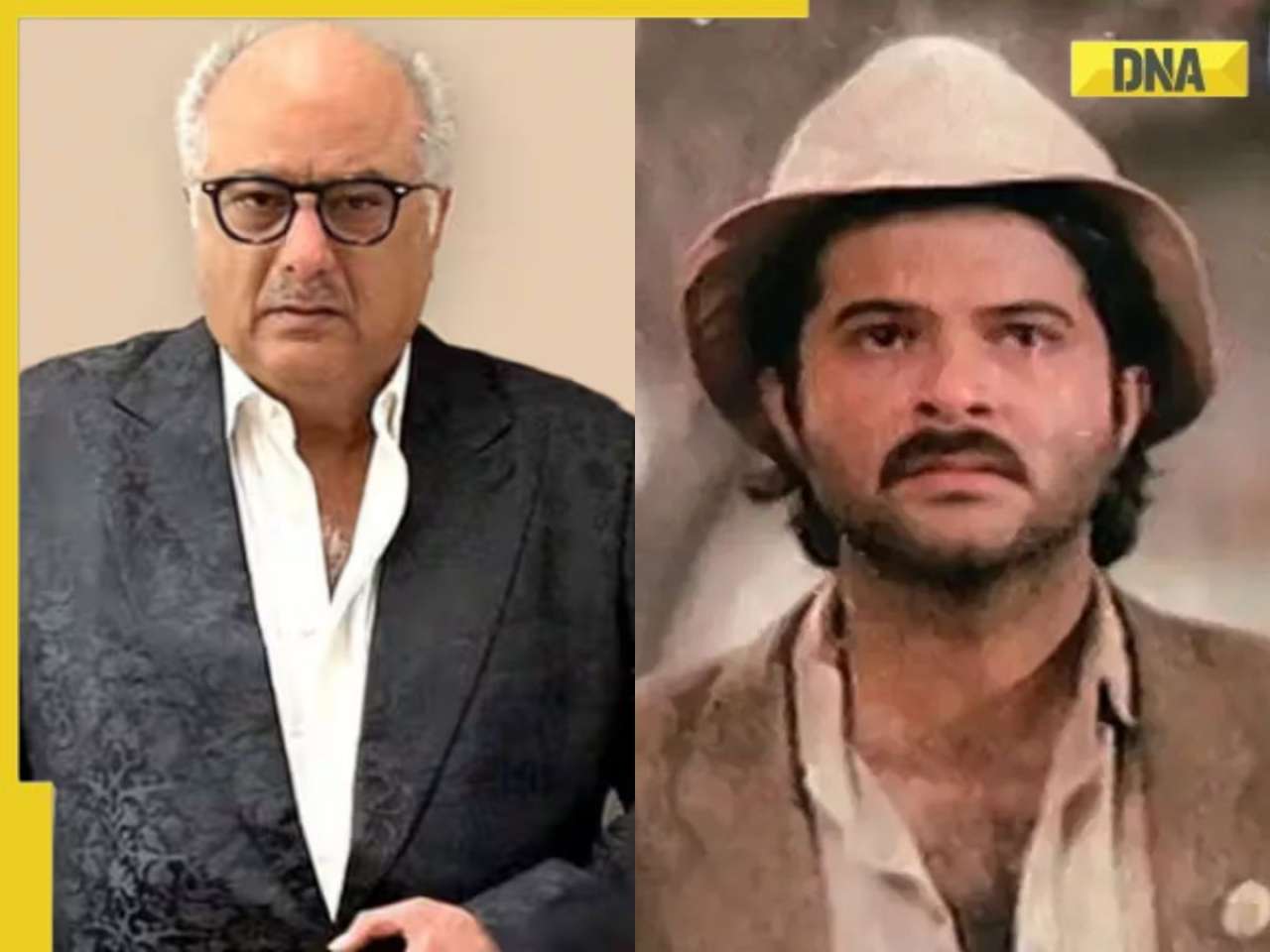







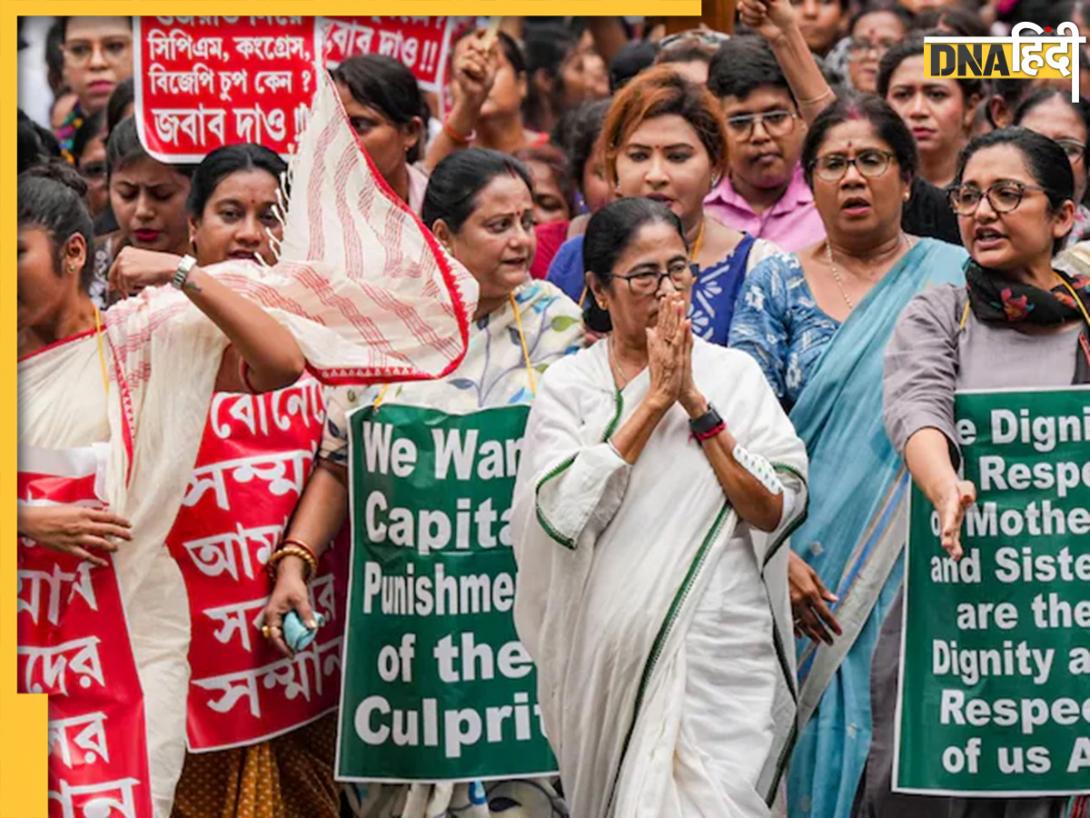
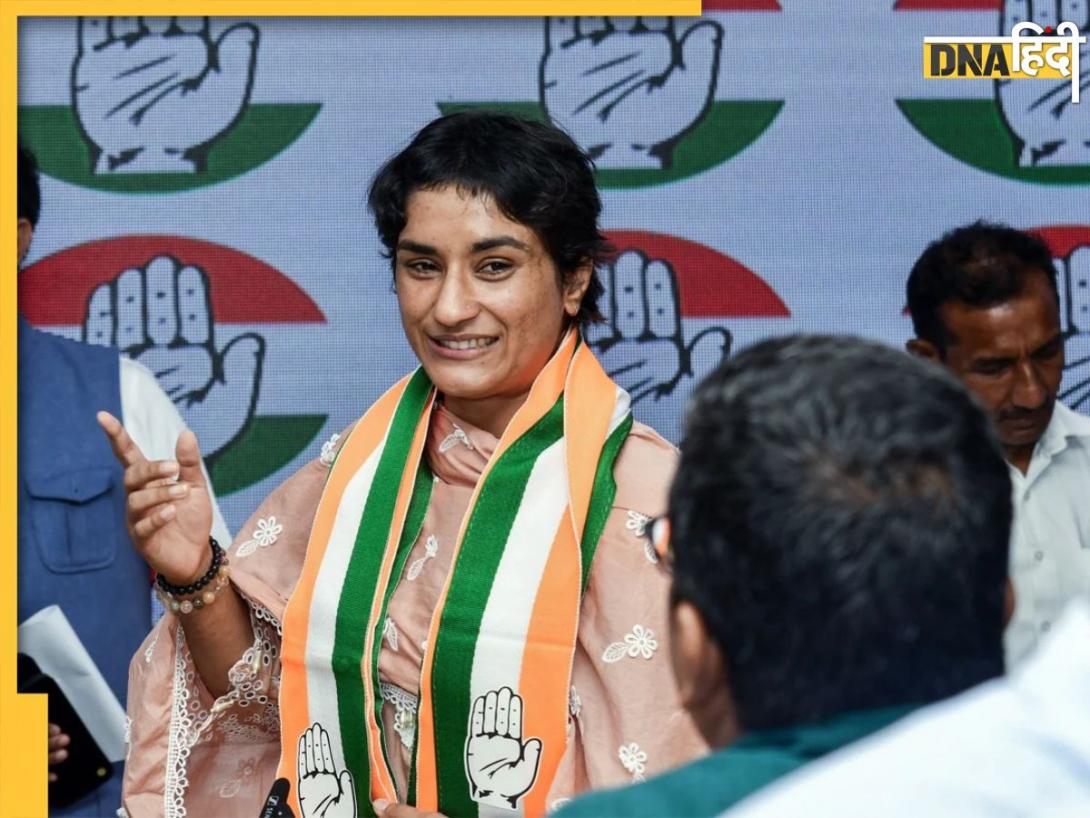
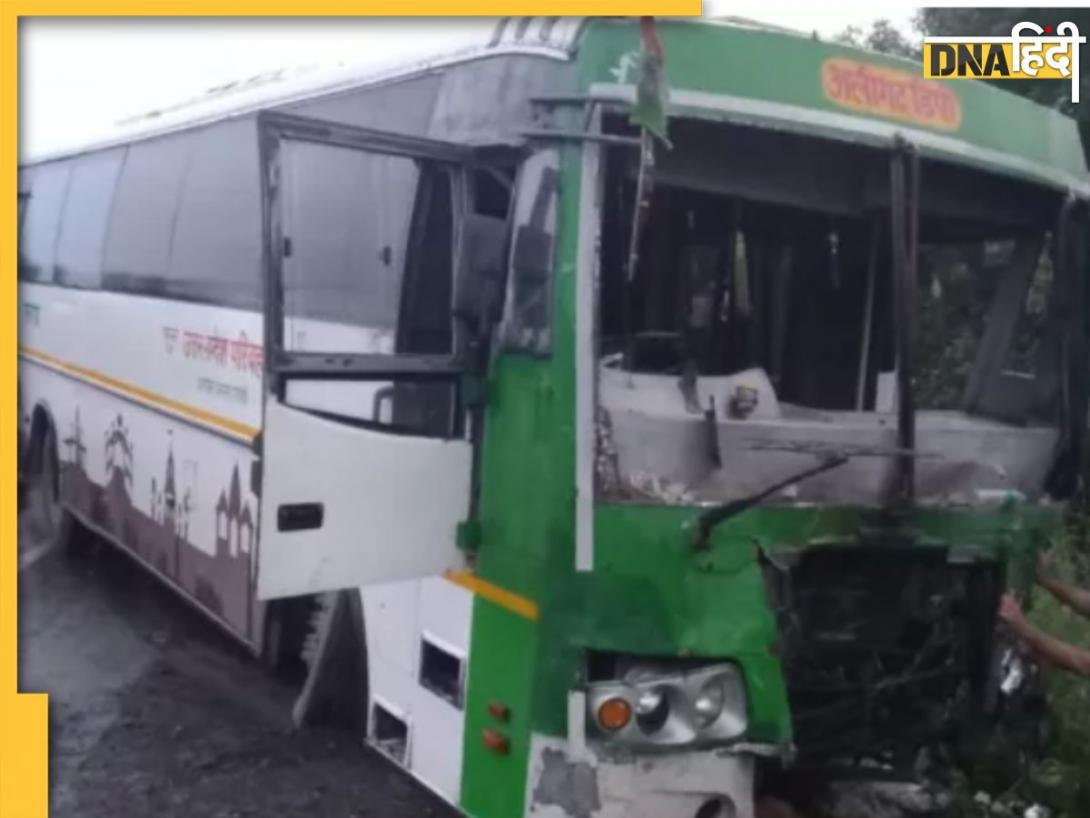

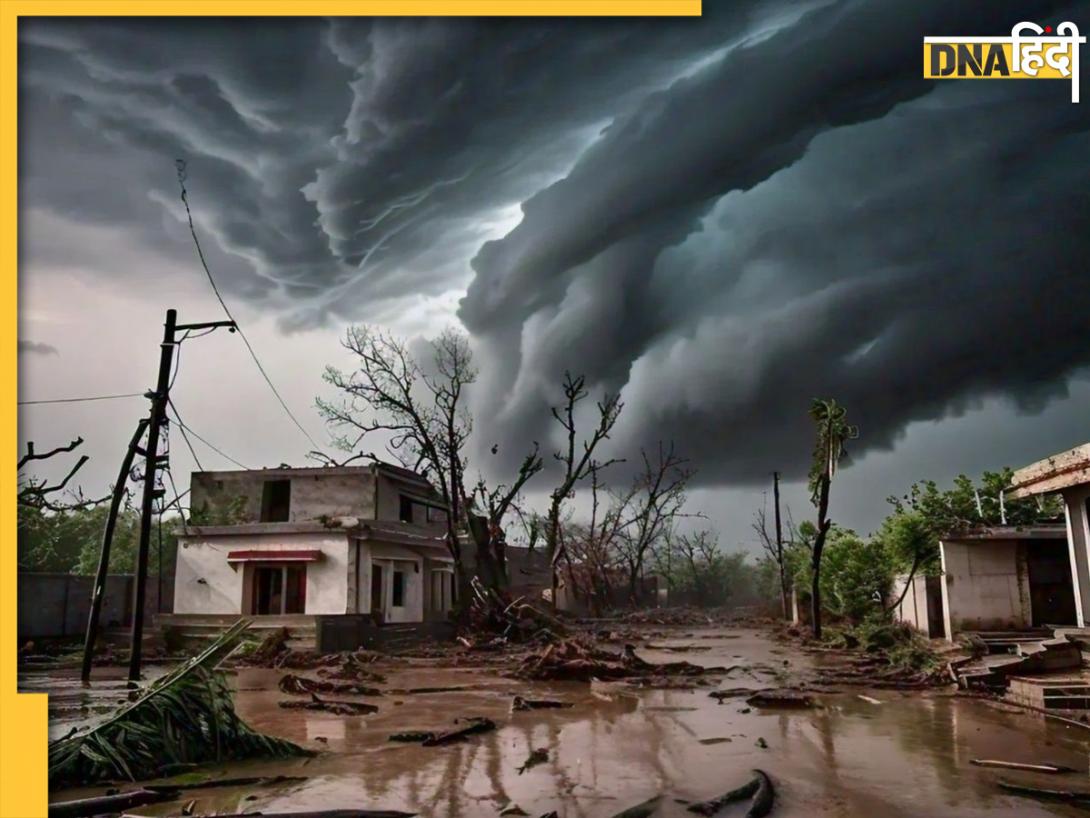







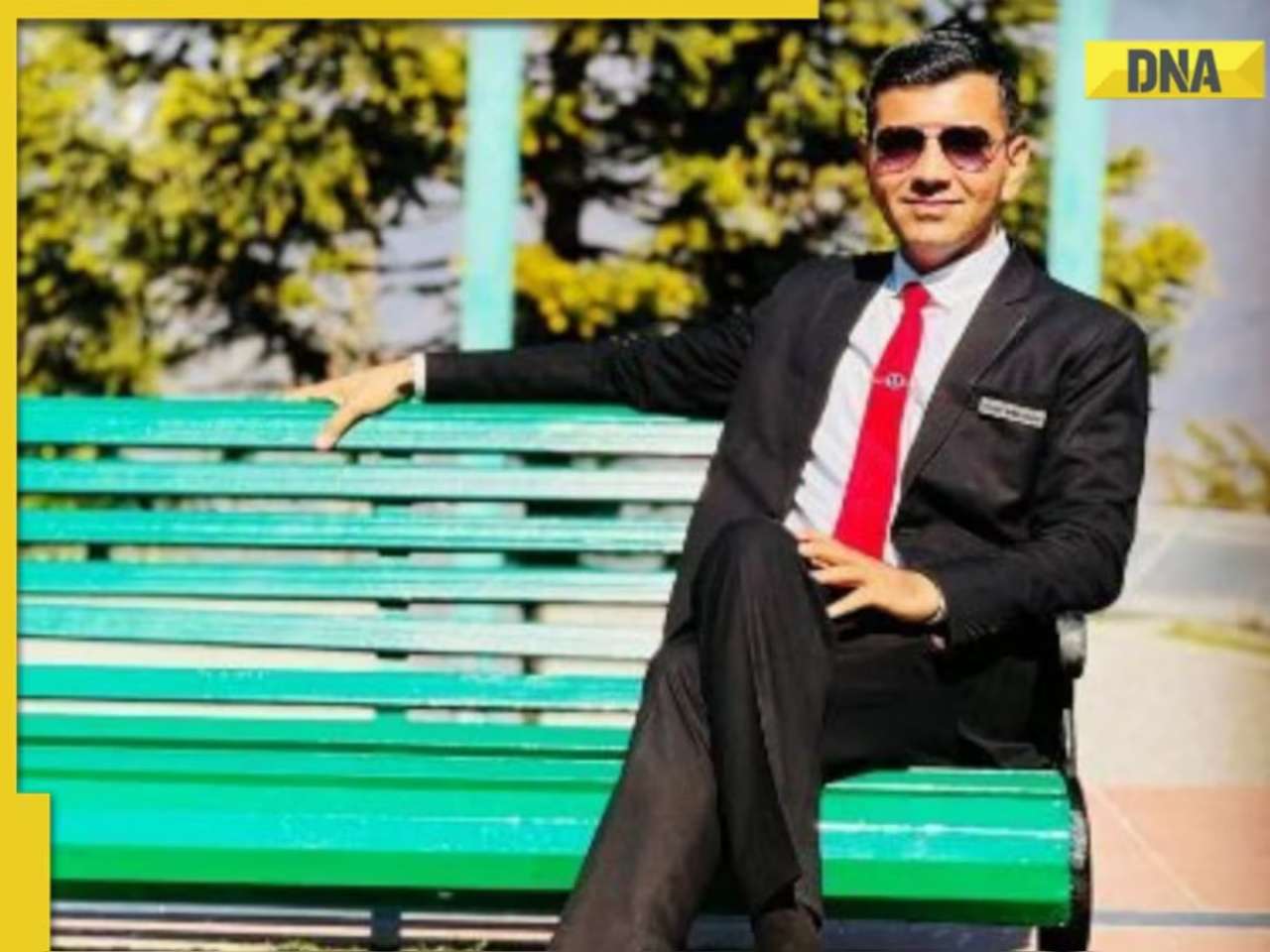



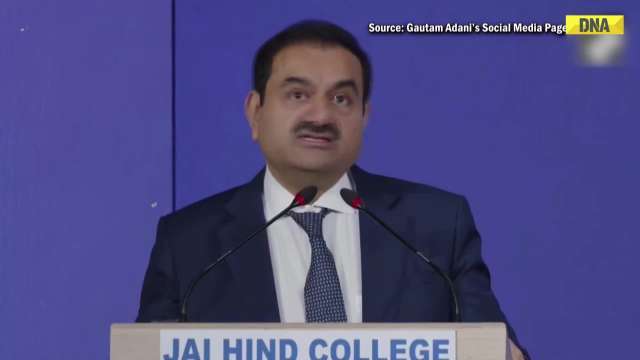
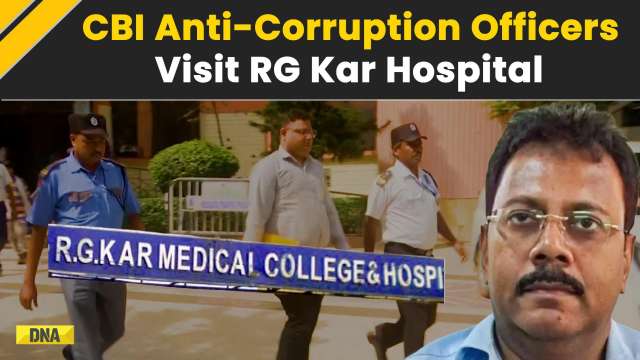
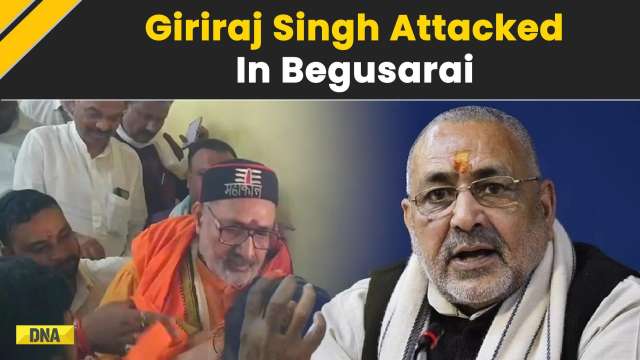
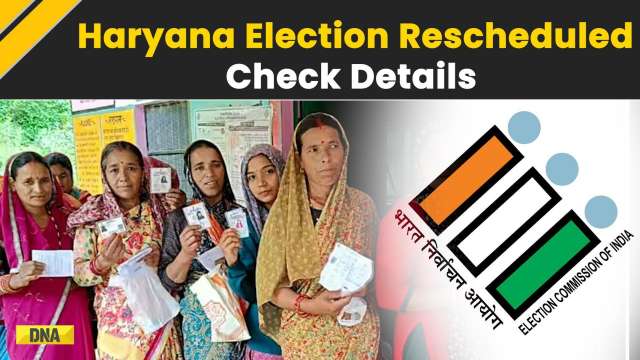
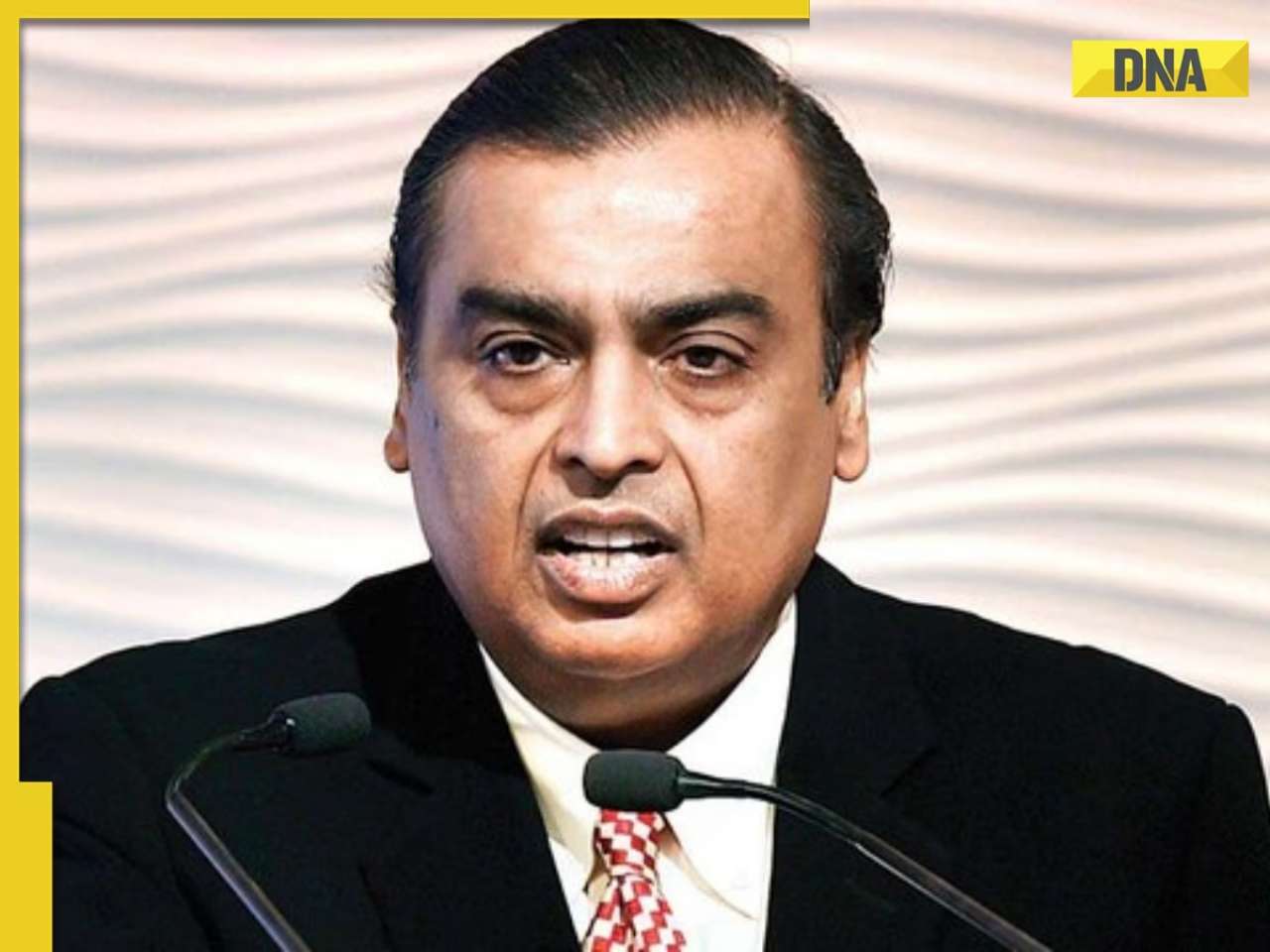

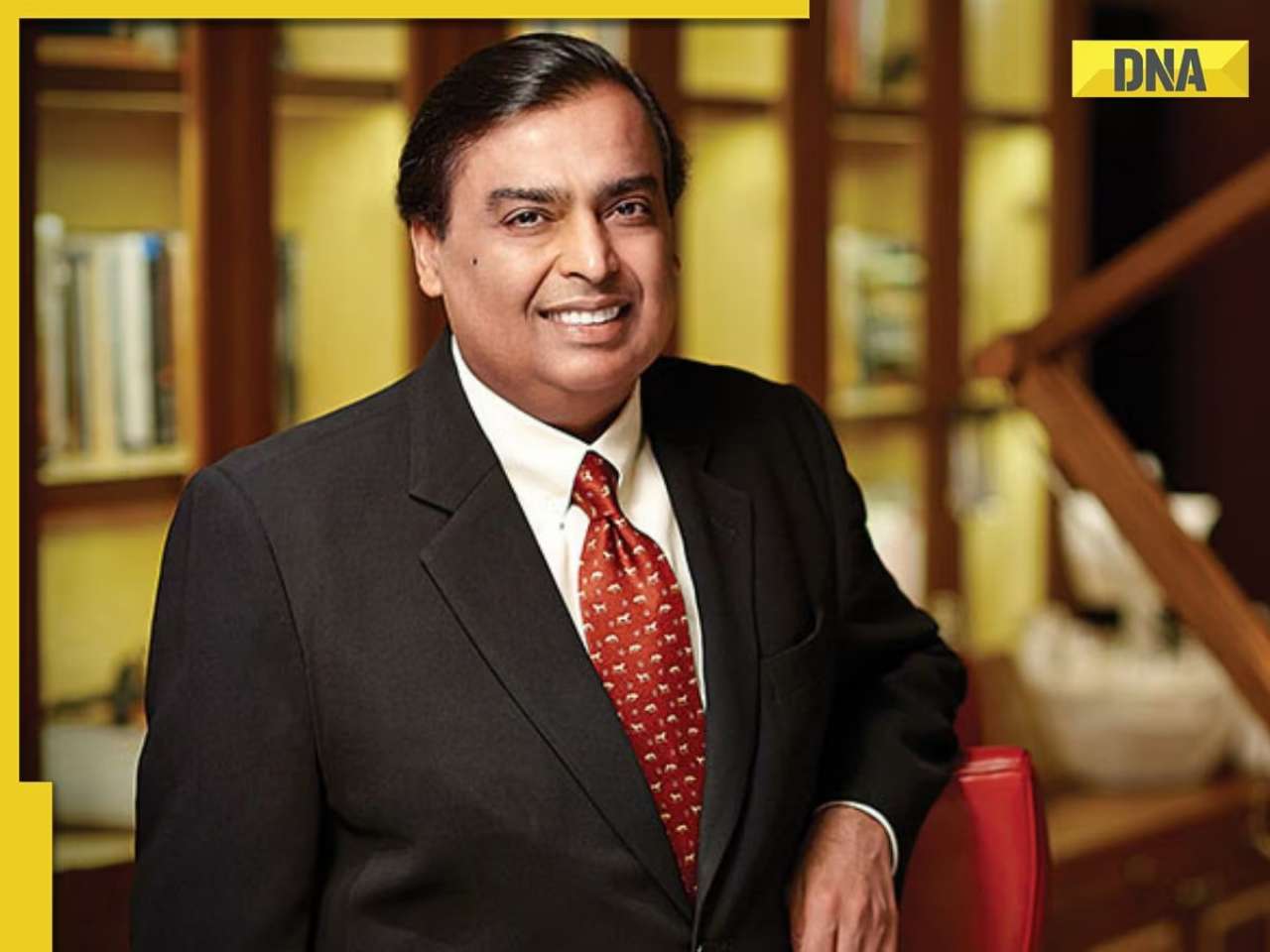
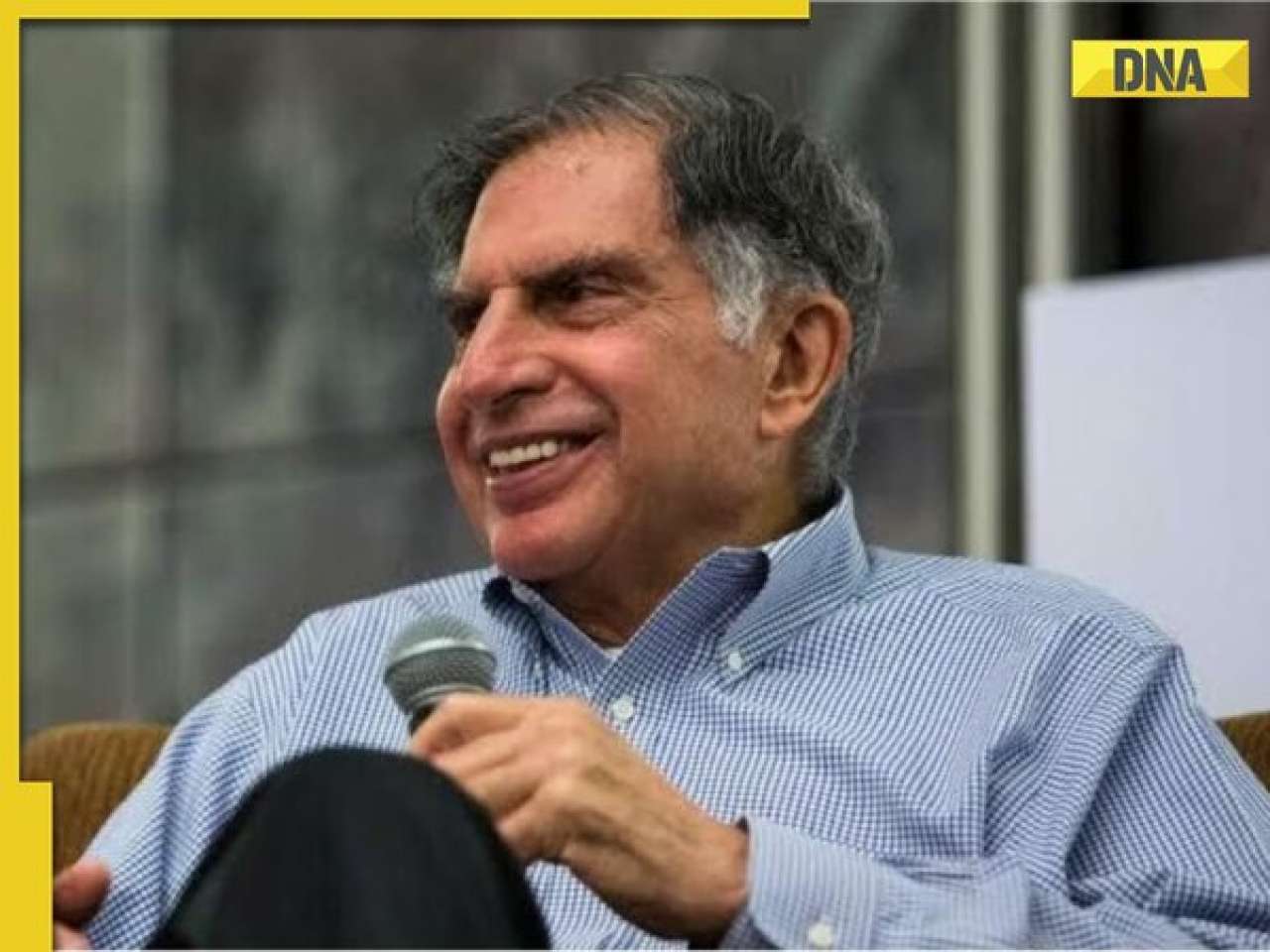


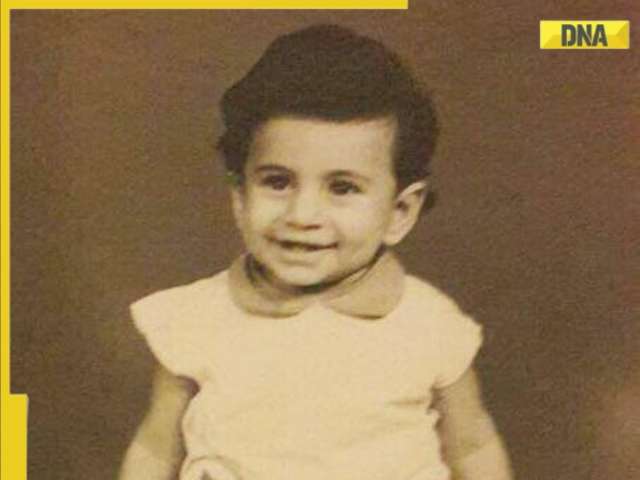



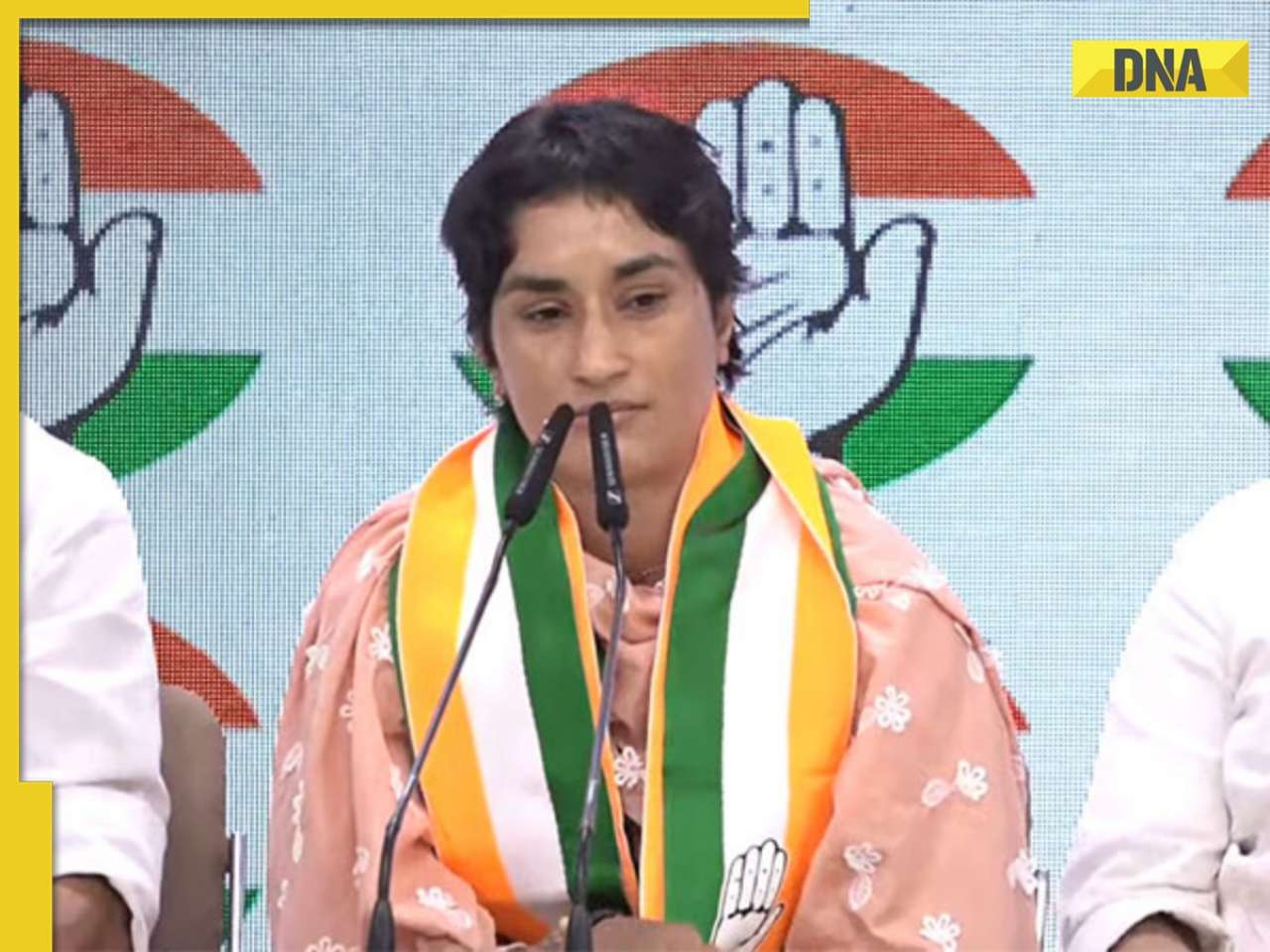

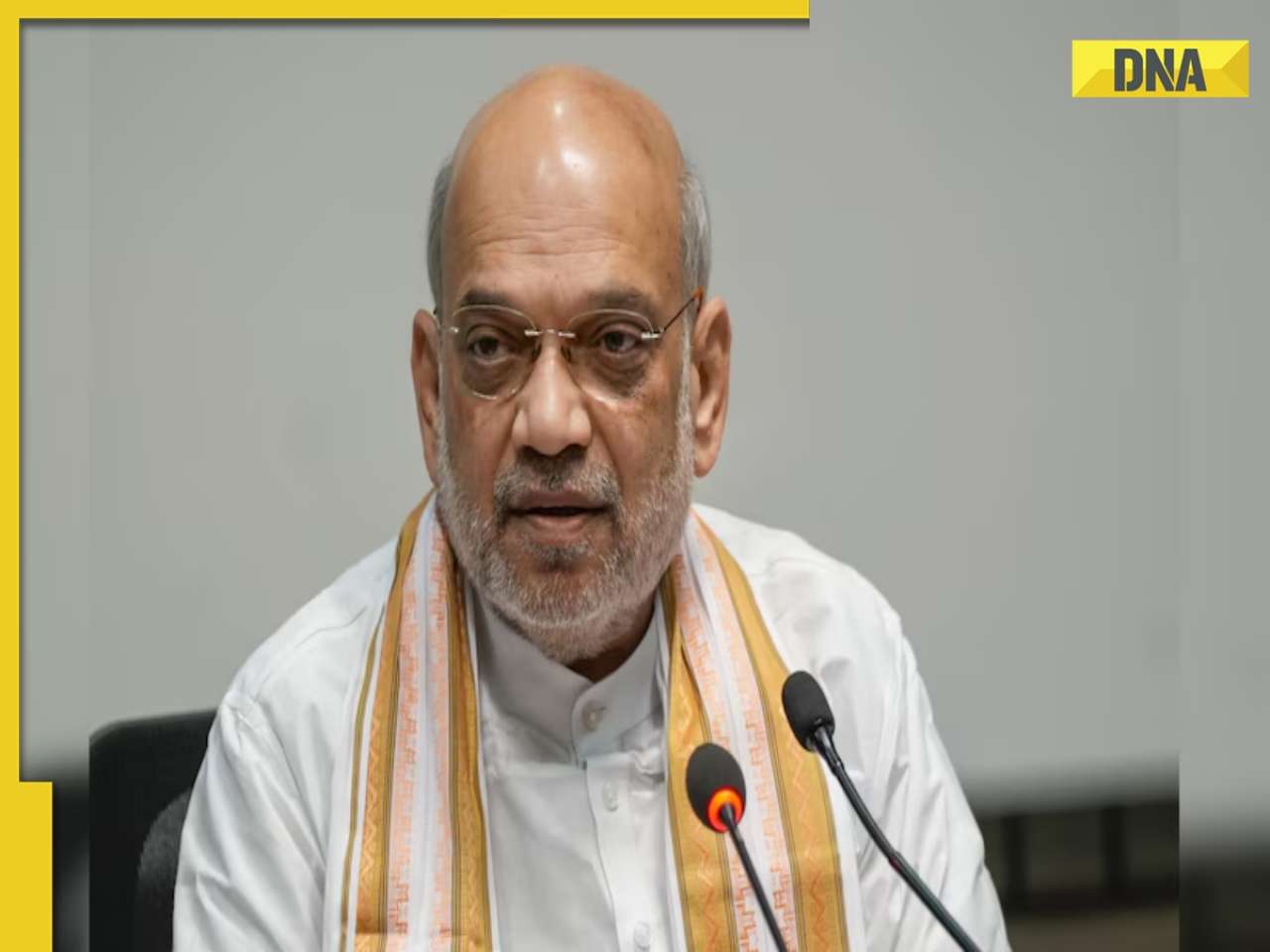

)
)
)
)
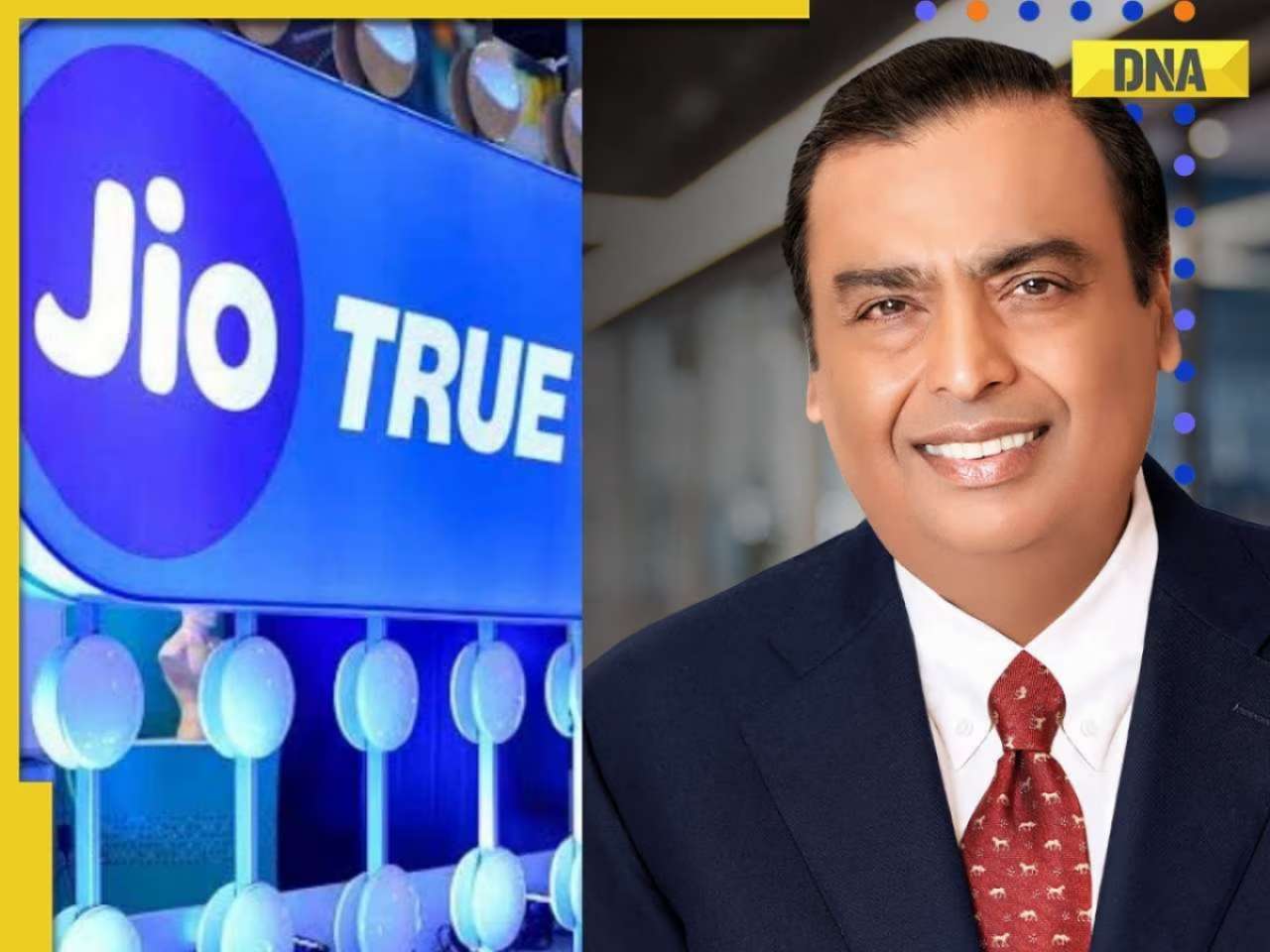)
)
)
)
)
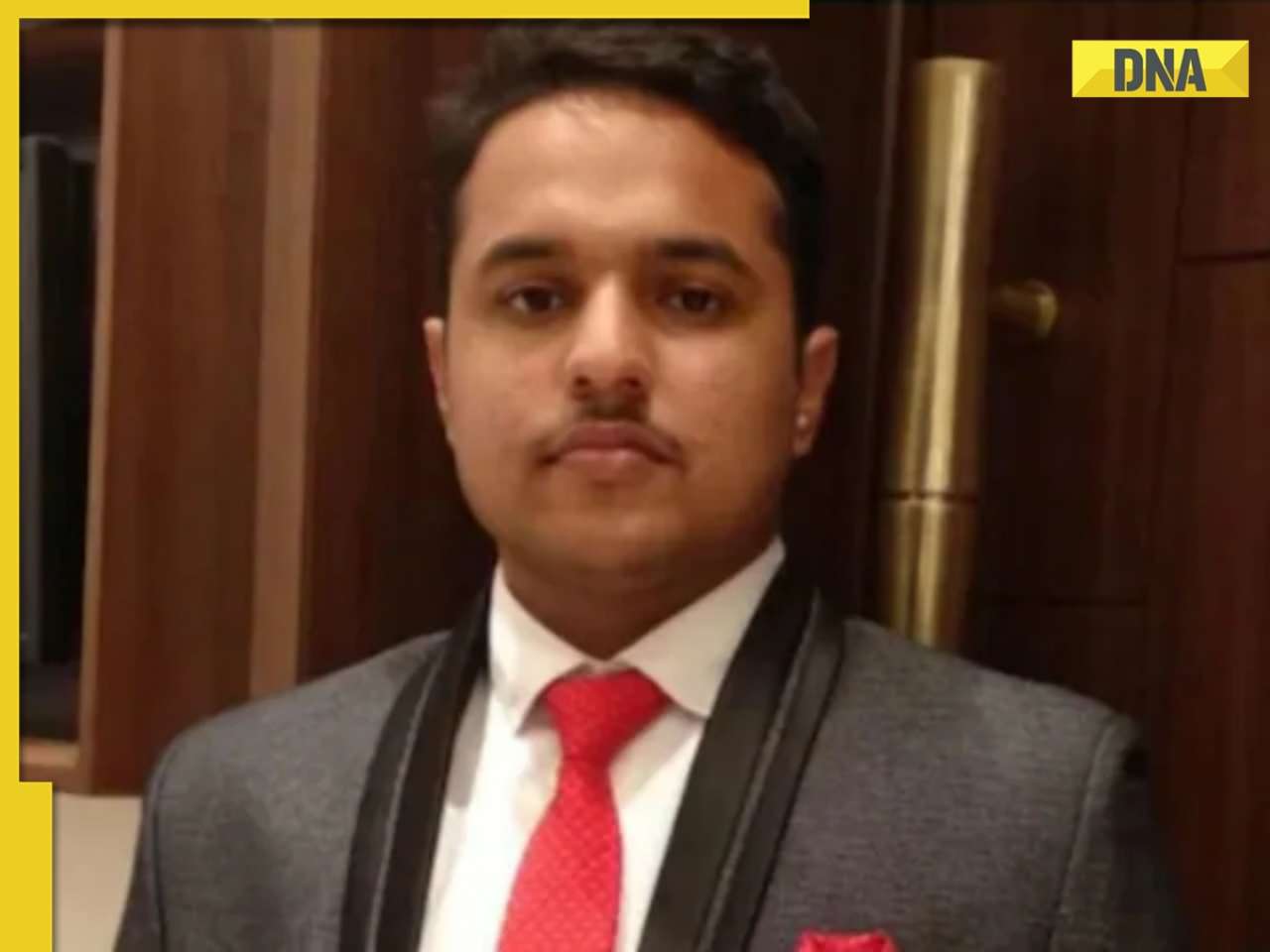)
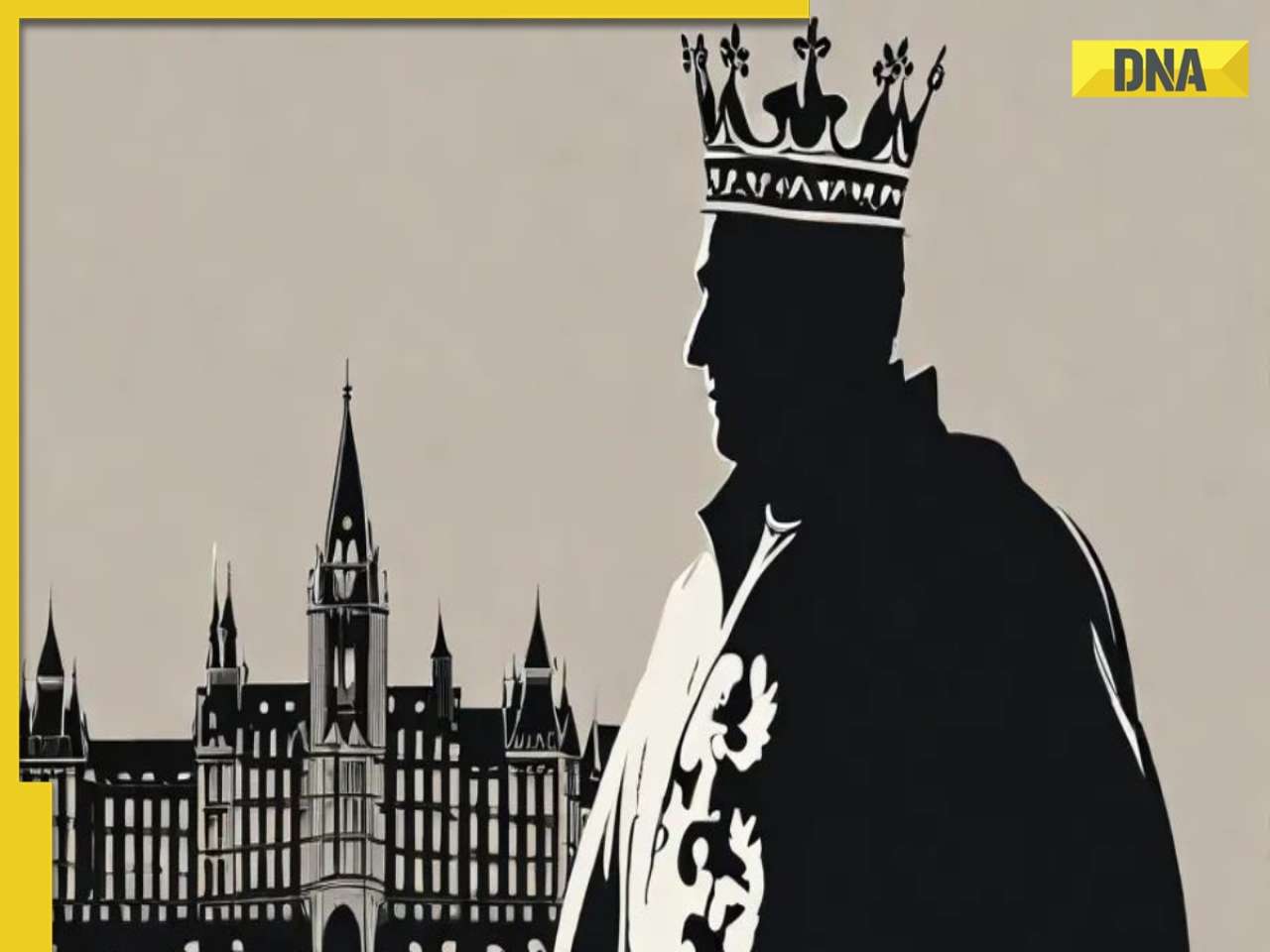)
)
)
)
)





)
)
)
)
)
)